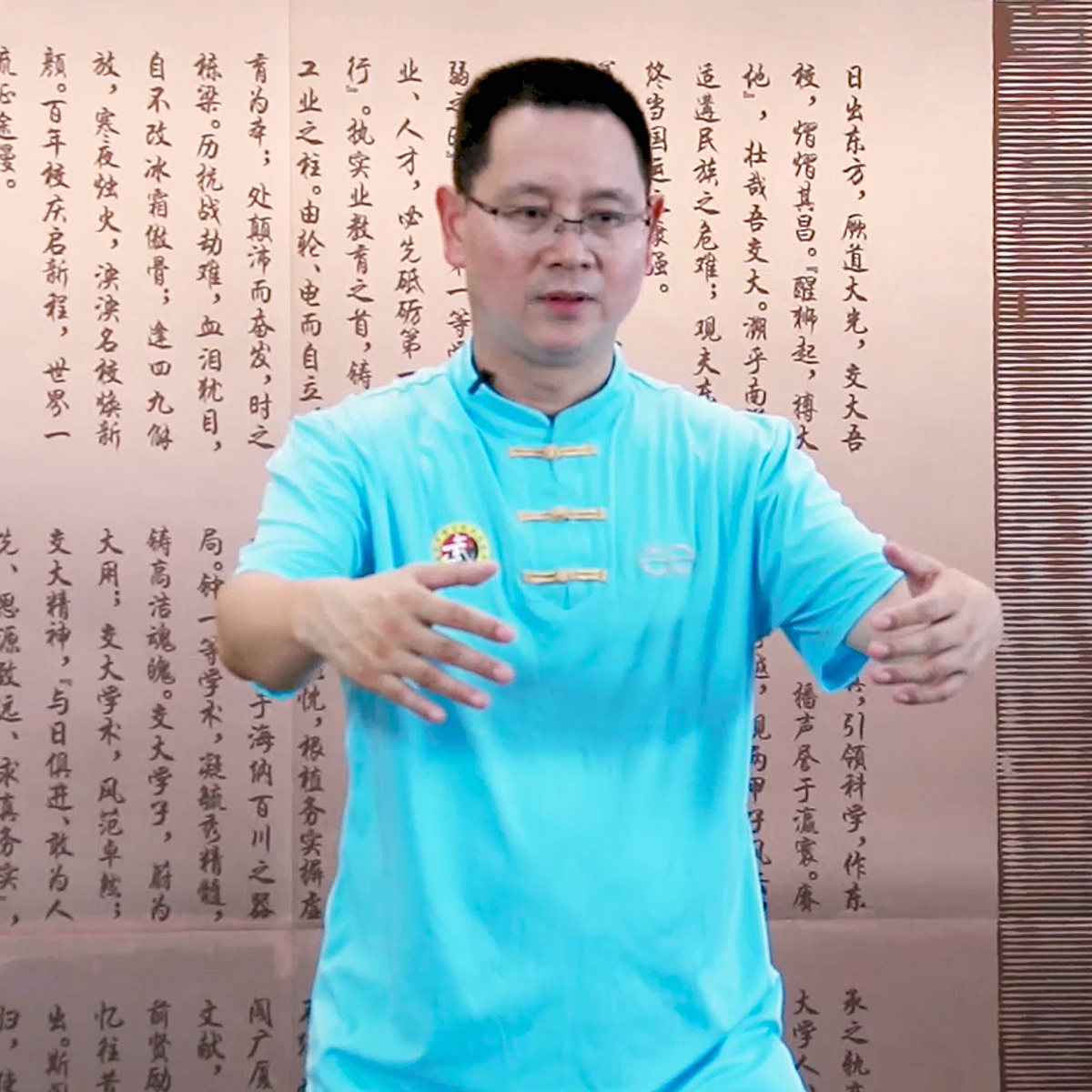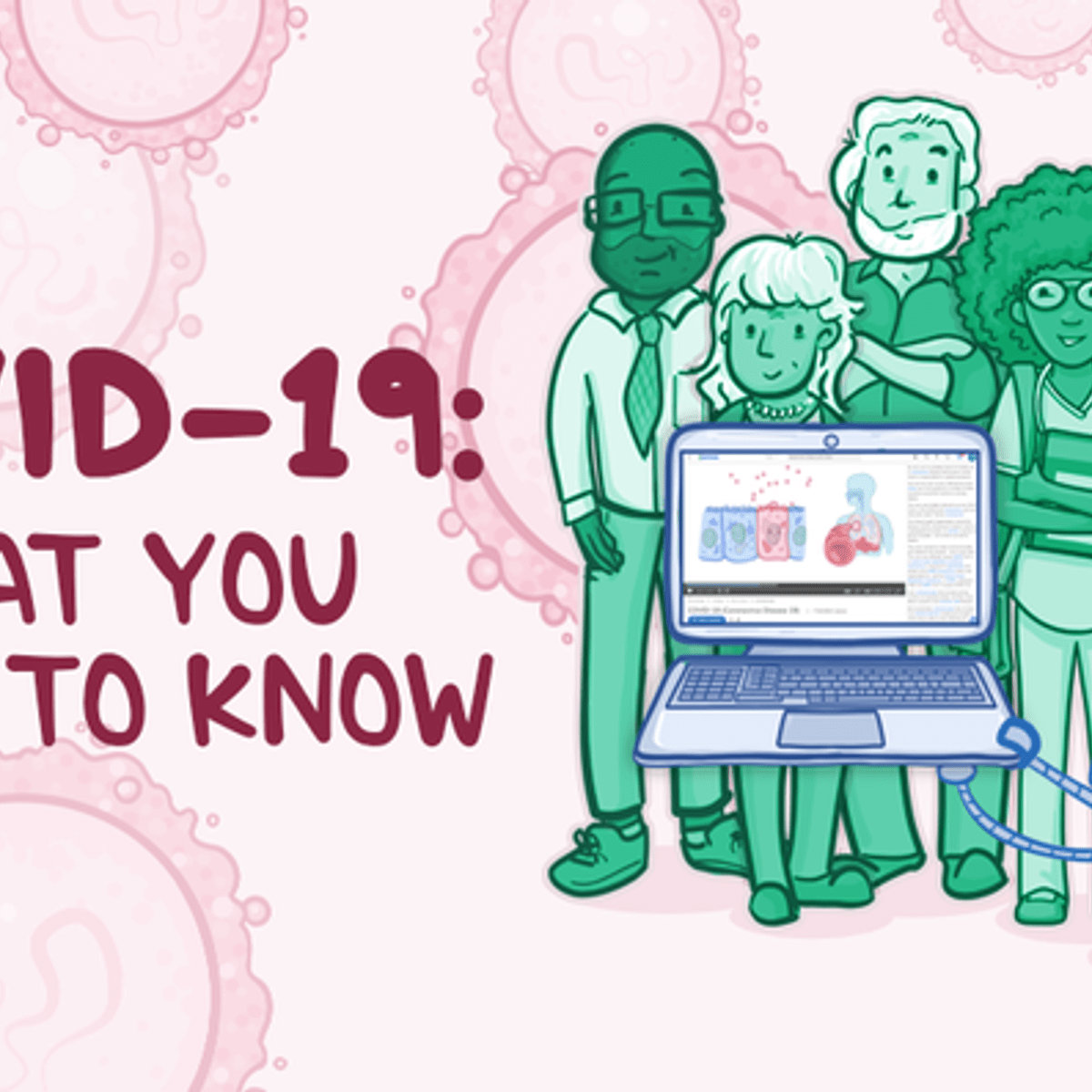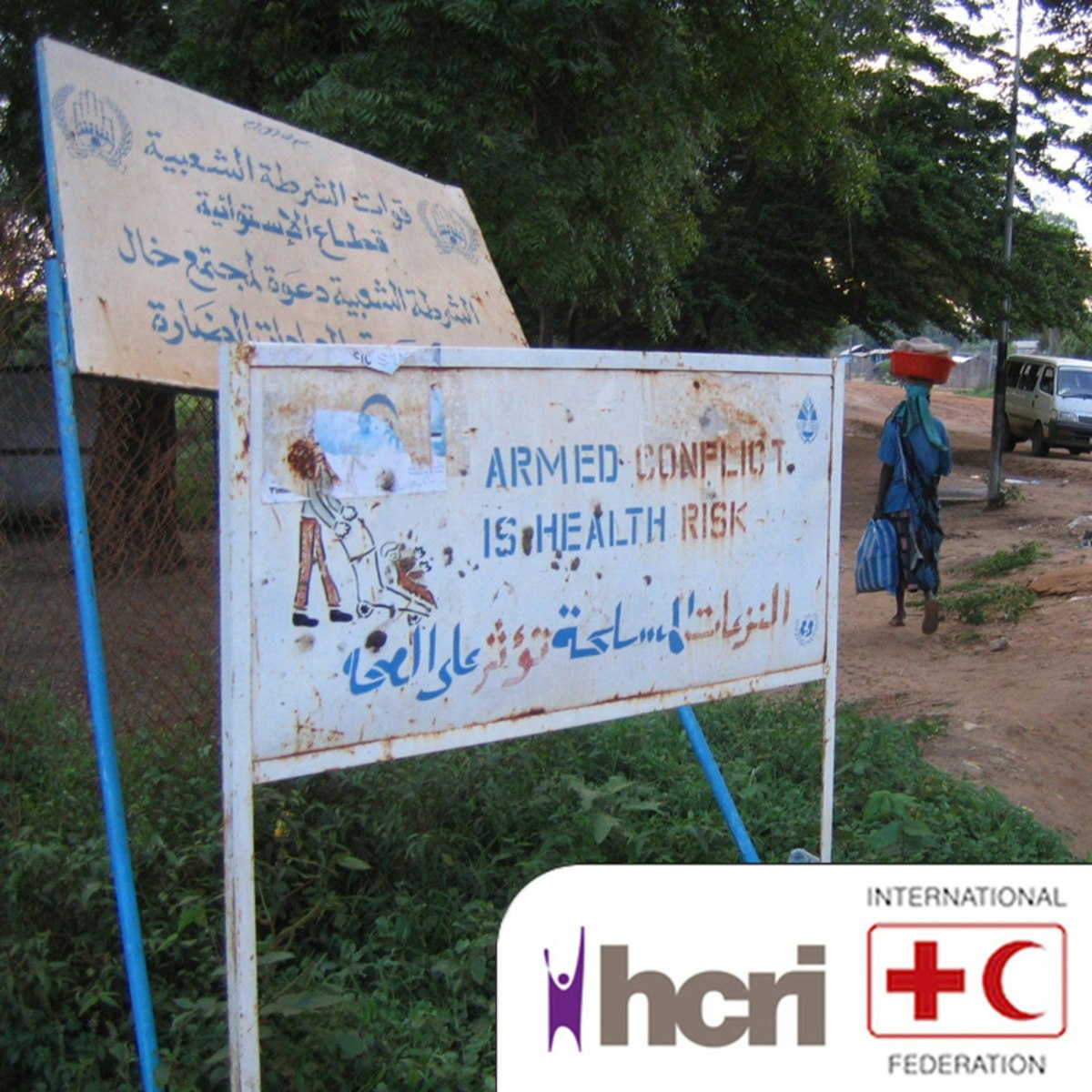Back to Courses









Public Health Courses - Page 4
Showing results 31-40 of 196
A Public Health Approach to Hearing Loss and Aging
At the Johns Hopkins Cochlear Center for Hearing and Public Health, we are dedicated to training up the next generation of clinicians and researchers to study the impact that hearing loss in older adults has on public health and to develop and implement public health strategies and solutions for hearing loss. The Center is proud to present this course which introduces a public health approach to aging and hearing population-based research, reviews the state of public health policy and ongoing interventions, and discusses the current epidemiologic research linking hearing loss to cognitive and healthcare outcomes in older adults, including dementia. Learners will be hearing from Johns Hopkins faculty and researchers who will speak on their expertise in areas of otolaryngology, audiology, epidemiology, gerontology, and public health policy/economics.

Healthcare Entrepreneurship: Taking Ideas to Market
This course delves into intellectual property (IP) with an introduction into the innovation landscape within the UK and how that compares with other settings. You'll focus on how intellectual property applies to frugal innovations, compulsory licensing, and when and how to apply for intellectual property. This course teaches you about how innovators can secure funding by exploring the types of funding available, the types of organisations involved, as well as the challenges that surround funding. A key part of this course is a focus on 'pitching' skills - what's involved in pitching well, what content should you include, how can you best deliver a pitch.
You'll come away from this course with strong insight into the importance of protecting an innovation's intellectual property, able to identify IP processes and challenges, and able to confidently pitch an innovation.

2021 Cancer Prevention Web-Based Activity (CE eligible)
This web-based video course focuses on the importance of prevention and risk reduction in decreasing cancer occurrences. All learners will need to watch the video modules, read associated articles, and achieve a passing score of 80% on quizzes in order to complete the course. After completing the course, learners will receive a link to claim continuing medical and nursing education credit.
DESCRIPTION
Next Generation Choices Foundation (NGCF or Less Cancer), lesscancer.org, in conjunction with the University of Virginia and American University, promotes a prevention paradigm for addressing the alarming trend of increasing cancer incidences and raises awareness of cancer prevention to make risk reduction and prevention a vital part of the cancer paradigm for all people. This is a departure from previous treatment-focused approaches that talked about beating, conquering, or curing cancer. Many cancers are preventable by reducing risk factors, such as PFAS and lead corrosion in water supply and infrastructure, use of tobacco products, ultraviolet light exposure, asbestos exposure, specific contaminants and pollution sources, disparities and inequities, and promoting healthy lifestyle choices, such as diet, exercise, and nutrition.
Visit the FAQs below for important information regarding 1) Activity faculty and their credentials; 2) Accreditation and Credit Designation statements; 3) Commercial support disclosure statement; 4) Disclosure of financial relationships for every person in control of activity content and their role in the activity; 5) Date of original release and Termination or expiration date.

Social Services for Families, Seniors and Those with Disabilities
Course 4 discusses four populations: families, poor families, people with disabilities, and people as they age. This course addresses issues of power, oppression, and white supremacy.
-The first module identifies the needs of children and the role of the state in child development. We will explore changes in the family and the resulting debates about how to best support families and child development. We’ll appraise family leave and child care programs for their role in supporting paid work and in strengthening child development, as well as income support efforts including the child tax credit and proposals for a family allowance.
-The second module begins with a description of child poverty—both the forces leading to it, and its effects. This module also describes public support programs and critiques the debates surrounding them.
-The third module focuses on persons living with disabilities, evaluating the landmark Americans with Disabilities Act. We will also critique the processes of establishing a disability social insurance program and the public aid programs that make people with disabilities eligible for income support and health support.
-The final module begins with a report on the aging of the U.S. population. Building on this, we’ll examine social insurance programs and public aid programs for seniors for their longterm viability, and assess the various reforms that have been proposed to stabilize these programs.
The course is part of a sequence in social policy that has an HONORS TRACK. This track will prepare the learner for masters-level work in policy, which involves reading the literature, writing concise summaries and probing critiques. Over the sequence the learner will develop a policy analysis that will create a foundation for professional policy analyst assignments.

Improving Immunity Based on Traditional Eastern Exercises
Exercise is medicine. Regular and moderate exercise can effectively strengthen immune system so as to reduce the risk of virus infection and also improve or assist in the treatment of dysthymic disorders like anxiety and depression. This course provides suggestions for the general public about how to actively respond to the outbreak of novel coronavirus. It also explains: how the immune system reacts when viruses invade into the body; why exercises can enhance immunity and what is the mechanism; what the difference is between western sports and traditional eastern exercises. Besides, the course includes training lessons on Baduanjin, Zhanzhuang, Daoyin, Yoga and other exercises conducive to immunity improvement.
This course is characteristic for its combination of physical education and medicine, so the course will be taught by experts in either sports or medicine. The teaching content covers both disciplinary theory and specific training method, showcasing the unique culture and charm of the East while conducting cross-cultural communication as well as sharing the wisdom of traditional exercises and modern research and application in this regard.

Global Disease Masterclass: Non-communicable Diseases
Welcome to this course on the aetiology, epidemiology and interventions for non-communicable diseases of the Global Diseases Masterclass. We’ve selected four disease areas and will go through each in turn. The diseases we’ve chosen are: Colorectal Cancer, Cardiovascular Disease (CVD), Dementia, and Diabetes. We have selected these non-communicable diseases because they span a range of different types of disease process and because of the expertise and experience that our School of Public Health has in these areas. This will provide an introduction to a few of the of most important global non-communicable disease challenges while also providing variation in aetiology, epidemiology and interventions to learn from. We hope that by the end of this course you will be able to describe the basics of the disease aetiology, global epidemic trends and the available interventions. We also hope you’ll be able to use this information to critique public health approaches and policy positions for the four non-communicable diseases we’ve covered as well helping you extend to further disease areas.

COVID-19: What You Need to Know
Register for this free course here: https://www.coursera.org/learn/covid-19-what-you-need-to-know?edocomorp=public-health-free-courses
COVID-19 is a global pandemic that has already resulted in hundreds of thousands of infections and thousands of deaths, with many more anticipated. This course is a go-to resource that will be regularly updated with all of the current information put forth by the CDC, WHO, and other leading agencies and covers the basics, personal protective equipment, diagnostics, and other material.
As a healthcare professional, you can help to #RaiseTheLine by becoming prepared to treat COVID-19.

Global Health and Humanitarianism
Welcome to the Global Health and Humanitarianism MOOC. We are delighted to have you with us, and hope that the next six weeks will provide an interesting and thoughtful experience for you.
We hope the course will give you an overview of global health and humanitarianism in theory and in practice. These fields overlap, and are connected, in many significant ways. However, we have used three key themes to explore our subjects: each key theme will be discussed over two week blocks by specialist course lecturers, and supported by unique video perspectives by three keynote speakers who are leading specialists in the field.
- Weeks 1 & 2: An Introduction to Global Health Dr Amy Hughes MBE;
- Weeks 3 & 4: Humanitarian Responses and Dilemmas Dr Tim Jacoby;
- Weeks 5 & 6: The Right to Humanitarian Assistance and the Responsibility to Protect Dr Kirsten Howarth.
To get the best out of the course we encourage you to try and set aside a few hours each week. This will give you time to work through videos, written materials and linked resources, and to get involved with discussion with other learners. We have provided a variety of different readings, resources and suggested activity based on the course content. Some will be essential to your understanding of the MOOC themes, and to assessment (if you have chosen to take part in assessment activity). Others will be for those of you who want to discover more about a particular subject or perspective, or to make your own study of global health or humanitarianism in action. Check through the weekly resources and content to find out which best suit your needs.
During the course we will look at a range of different opinions and debates, linked to key themes and addressing ethics and moral issues. We hope you will be inspired and encouraged to explore and share your own perspectives, and those of others, throughout the course. Different viewpoints are essential to understanding global health and humanitarian practice.
We hope you enjoy the next six weeks finding out about Global Health and Humanitarianism, and look forward to hearing from you on the discussion boards.

Hypothesis Testing in Public Health
Biostatistics is an essential skill for every public health researcher because it provides a set of precise methods for extracting meaningful conclusions from data. In this second course of the Biostatistics in Public Health Specialization, you'll learn to evaluate sample variability and apply statistical hypothesis testing methods. Along the way, you'll perform calculations and interpret real-world data from the published scientific literature. Topics include sample statistics, the central limit theorem, confidence intervals, hypothesis testing, and p values.

Introduction to Participatory Approaches in Public Health
This course will introduce you to participatory approaches to public health. You will learn about the history of participatory health research and why it is essential to solving contemporary public health challenges. The course will help you to understand the social and cultural context of public health, before introducing you to essential concepts for working with communities: knowledge and power. Finally, you will engage with critical analyses of participatory approaches, to help you to determine if and when such strategies are appropriate. Throughout the course you will analyse real-world case studies of community-based health projects, including historical HIV social movements, public health projects with sex workers, and participatory approaches to the COVID-19 pandemic. The course will equip you to practice public health in partnership with local communities. It is followed by a second course, Applying Participatory Approaches in Public Health Settings, which builds upon the theoretical foundations of this introductory course.
Popular Internships and Jobs by Categories
Find Jobs & Internships
Browse
© 2024 BoostGrad | All rights reserved